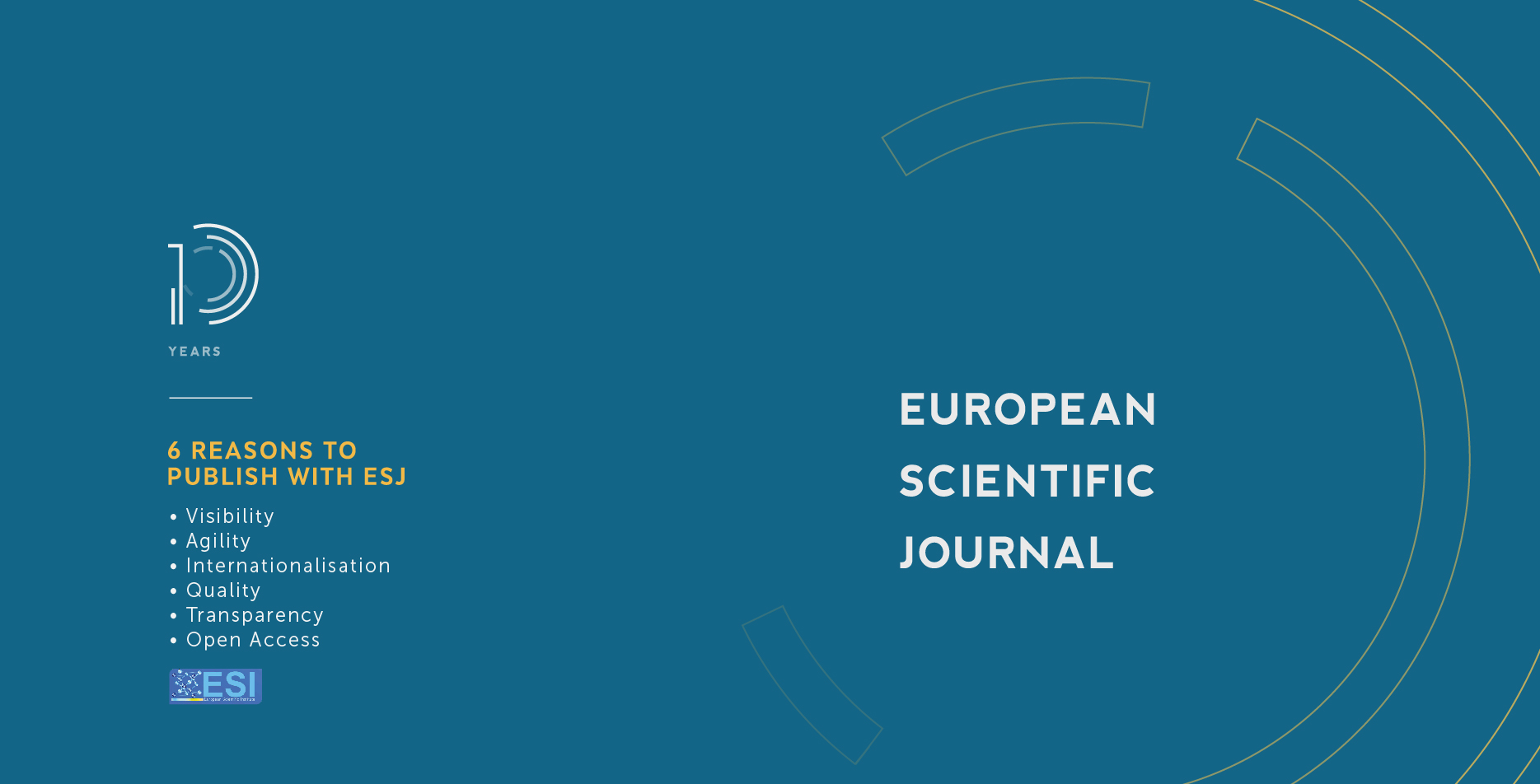Fast Peer Review: A Practice of Predatory Journals or Fair Treatment for Authors?
Abstract
Despite its weaknesses, peer review is our best gatekeeper of rigorous science. With the advent of on-line and open-access publishing, a vigorous debate has ensued over the timeliness of peer review. Many of us remember, and some still face, long peer review and publishing timeframes. Ware and Mabe (2015) estimated that a reviewer needs from several hours to a day to carefully prepare a peer review. Even so, the time from submission to first decision varies from 8 weeks to 18 weeks and varies by academic discipline and journal. Although the slowness of the peer review process has been critiqued (Lotriet, 2012), long ingrained processes have been slow to change. The development of the open access publishing has brought to the forefront the need to speed the peer review process and reduce the time to publication. However, short peer review times have been cited as one of the hallmarks of predatory journals (Cobey at al. 2018). Some have suggested that a faster and more agile peer review process may undermine the quality of published research (Bagdasarian et al. 2020).
Downloads
PlumX Statistics
Copyright (c) 2021 Jovan Shopovski, Robert W. McGee, Daniel B. Hier

This work is licensed under a Creative Commons Attribution-NonCommercial-NoDerivatives 4.0 International License.








